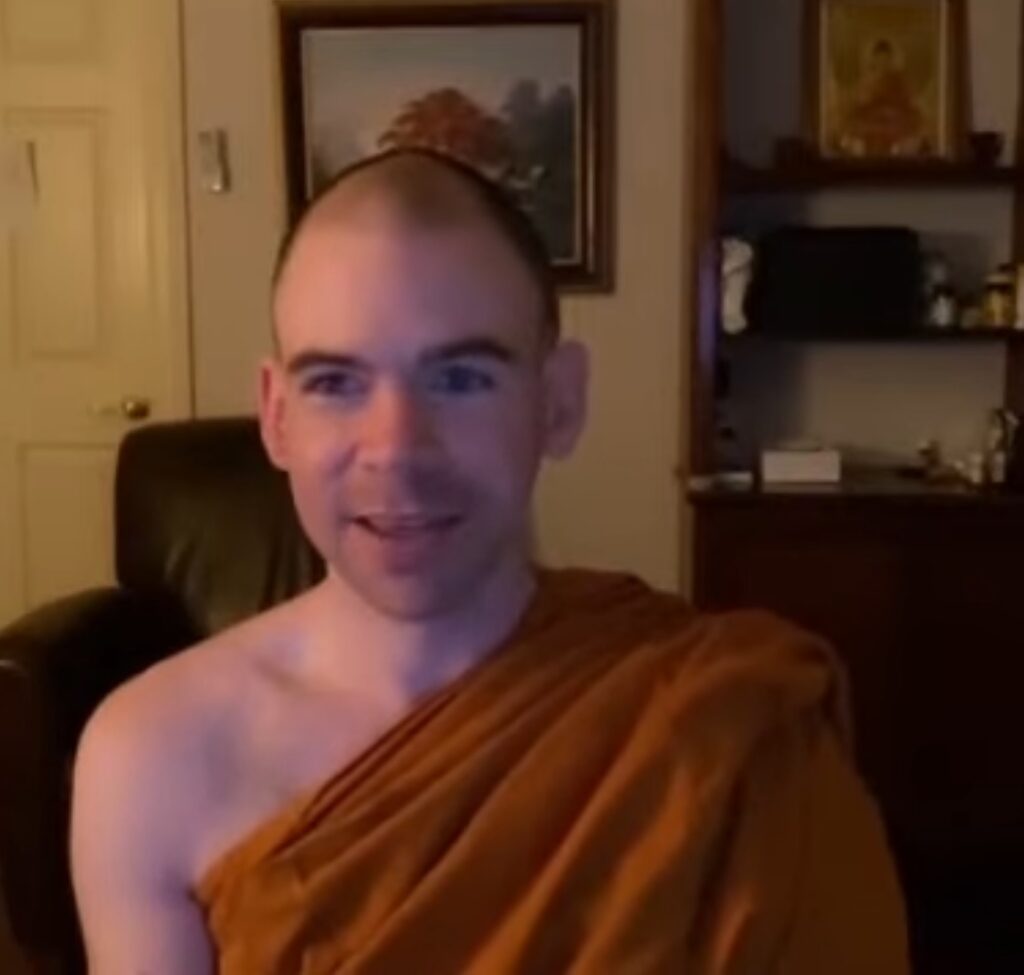Talk: You Get Gratitude or You Don’t
For the afternoon session of the Gratitude Daylong, Tahn Pamutto expands on gratitude practice as an extension or entry point to Mettā practice. Our Mettā practice should never be a strain or create suffering. If we have crowded out the intrusive thoughts it is doing its job. However, developing the practice also allows us to […]
Talk: You Get Gratitude or You Don’t Read More »





